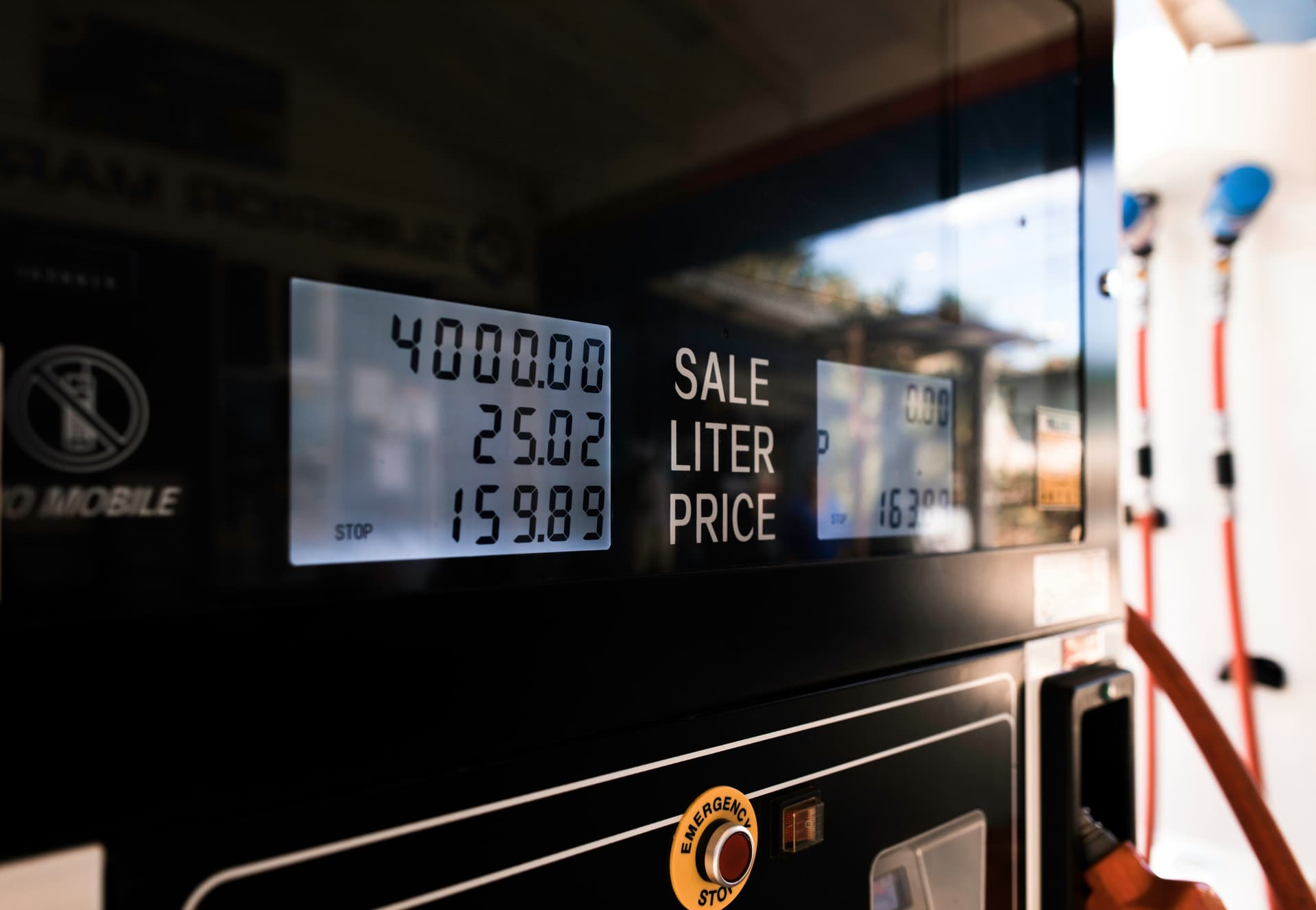Safe Auto Care's GuideHow to Improve Your Car's Fuel Efficiency

In today's world, fuel efficiency is more important than ever. With rising fuel prices and increasing environmental concerns, maximizing your vehicle's miles per gallon (MPG) is essential. This comprehensive guide will provide you with detailed, actionable steps to enhance your car's fuel efficiency, save money, and reduce your carbon footprint.
Understanding Fuel Efficiency
Fuel efficiency refers to how far a vehicle can travel on a specific amount of fuel. It's typically measured in miles per gallon (MPG) or liters per 100 kilometers (L/100 km). Improving fuel efficiency means getting the most out of every drop of fuel, leading to fewer trips to the gas station and lower overall fuel costs.
Regular Maintenance and Its Impact on Fuel Efficiency
1. Regular Engine Tune-Ups
A well-maintained engine can significantly improve your car's fuel efficiency. Regular tune-ups ensure that your engine is running smoothly and efficiently. This includes checking and replacing spark plugs, air filters, and other essential components. Dirty or malfunctioning parts can cause your engine to work harder, thus consuming more fuel.
2. Oil Changes
Using the right motor oil and changing it regularly can improve your engine's performance and fuel efficiency. Be sure to use the manufacturer's recommended oil grade, and don't neglect regular oil changes. Fresh oil reduces friction in the engine, allowing it to run more efficiently.
3. Proper Tire Maintenance
Maintaining the correct tire pressure is crucial for fuel efficiency. Under-inflated tires create more resistance on the road, making your engine work harder and consume more fuel. Regularly check your tire pressure and keep them inflated to the recommended levels. Additionally, proper wheel alignment can also improve fuel efficiency by reducing tire drag.
Driving Habits That Boost Fuel Efficiency
4. Smooth Acceleration and Braking
Aggressive driving, such as rapid acceleration and hard braking, can significantly decrease your fuel efficiency. Smooth and gradual acceleration, along with gentle braking, helps maintain a steady speed, which is more fuel-efficient. Anticipate traffic flow to minimize unnecessary stops and starts.
5. Maintaining a Steady Speed
Using cruise control on highways can help maintain a constant speed, improving fuel efficiency. Avoid frequent speed changes and try to stay within the speed limit, as higher speeds usually result in lower fuel efficiency due to increased air resistance.
6. Reducing Idling Time
Idling consumes fuel without moving the vehicle. Turn off your engine if you're going to be stopped for more than a minute. Modern cars are designed to use less fuel when restarting the engine than when idling for extended periods.
Optimizing Vehicle Load and Aerodynamics
7. Lightening the Load
Carrying unnecessary weight can significantly reduce your car's fuel efficiency. Remove heavy items from your trunk and interior that you don't need for your trip. The lighter your vehicle, the less fuel it will consume.
8. Improving Aerodynamics
Reduce wind resistance by keeping windows closed at high speeds and removing roof racks or carriers when not in use. Open windows and external accessories can increase drag, causing your engine to work harder and use more fuel.
Using Technology to Your Advantage
9. GPS and Navigation Systems
Using GPS and navigation systems can help you find the most efficient routes, avoiding traffic and reducing travel time. Some advanced systems also provide real-time traffic updates and suggest alternate routes, helping you save fuel.
10. Fuel-Efficient Driving Apps
Several apps are available that can monitor your driving habits and suggest ways to improve fuel efficiency. These apps can track your speed, acceleration, and braking patterns, offering tips to enhance your driving style for better fuel economy.
Choosing the Right Fuel and Additives
11. High-Quality Fuels
Using high-quality fuels can improve your engine's performance and fuel efficiency. Premium fuels often contain additives that clean the engine and fuel system, leading to better combustion and efficiency. Check your vehicle's manual to see if premium fuel is recommended.
12. Fuel Additives
There are various fuel additives on the market that claim to improve fuel efficiency. These additives work by cleaning the fuel system, reducing friction, or improving combustion. While results may vary, some drivers find them beneficial. Always follow the manufacturer's recommendations and consult your mechanic before using any additives.
Vehicle Modifications for Better Fuel Efficiency
13. Upgrading to Fuel-Efficient Tires
Investing in low rolling resistance tires can improve your vehicle's fuel efficiency. These tires are designed to reduce friction with the road, making it easier for your engine to maintain speed. Look for tires labeled as fuel-efficient or eco-friendly.
14. Installing a Fuel Economy Chip
Fuel economy chips or tuners can optimize your engine's performance for better fuel efficiency. These devices adjust the air-fuel mixture and other parameters to maximize MPG. Consult with a professional before installing any chip to ensure it's compatible with your vehicle.
15. Aerodynamic Enhancements
Adding aerodynamic enhancements, such as front air dams, side skirts, and rear spoilers, can reduce drag and improve fuel efficiency. These modifications streamline your vehicle's shape, allowing it to cut through the air more easily. However, it's essential to balance aesthetics and functionality to avoid negatively impacting your car's overall performance.
Monitoring and Tracking Your Progress
16. Using Onboard Diagnostics (OBD) Tools
Onboard diagnostics (OBD) tools can provide real-time data on your vehicle's performance, including fuel efficiency. These tools plug into your car's OBD port and can monitor various parameters, such as engine load, throttle position, and fuel consumption. Analyzing this data can help you make informed decisions about how to improve your driving habits and vehicle maintenance.
Conclusion
Improving your car's fuel efficiency is a multifaceted approach that involves regular maintenance, smart driving habits, vehicle modifications, and leveraging technology. By implementing these strategies, you can maximize your MPG, save money, and contribute to a healthier environment. Start making changes today and enjoy the benefits of a more fuel-efficient vehicle.
Get Your Free Inspection Now!
Looking for reliable auto repair near you? Look no further, Safe Auto care has the best Experienced mechanics in Las vegas
